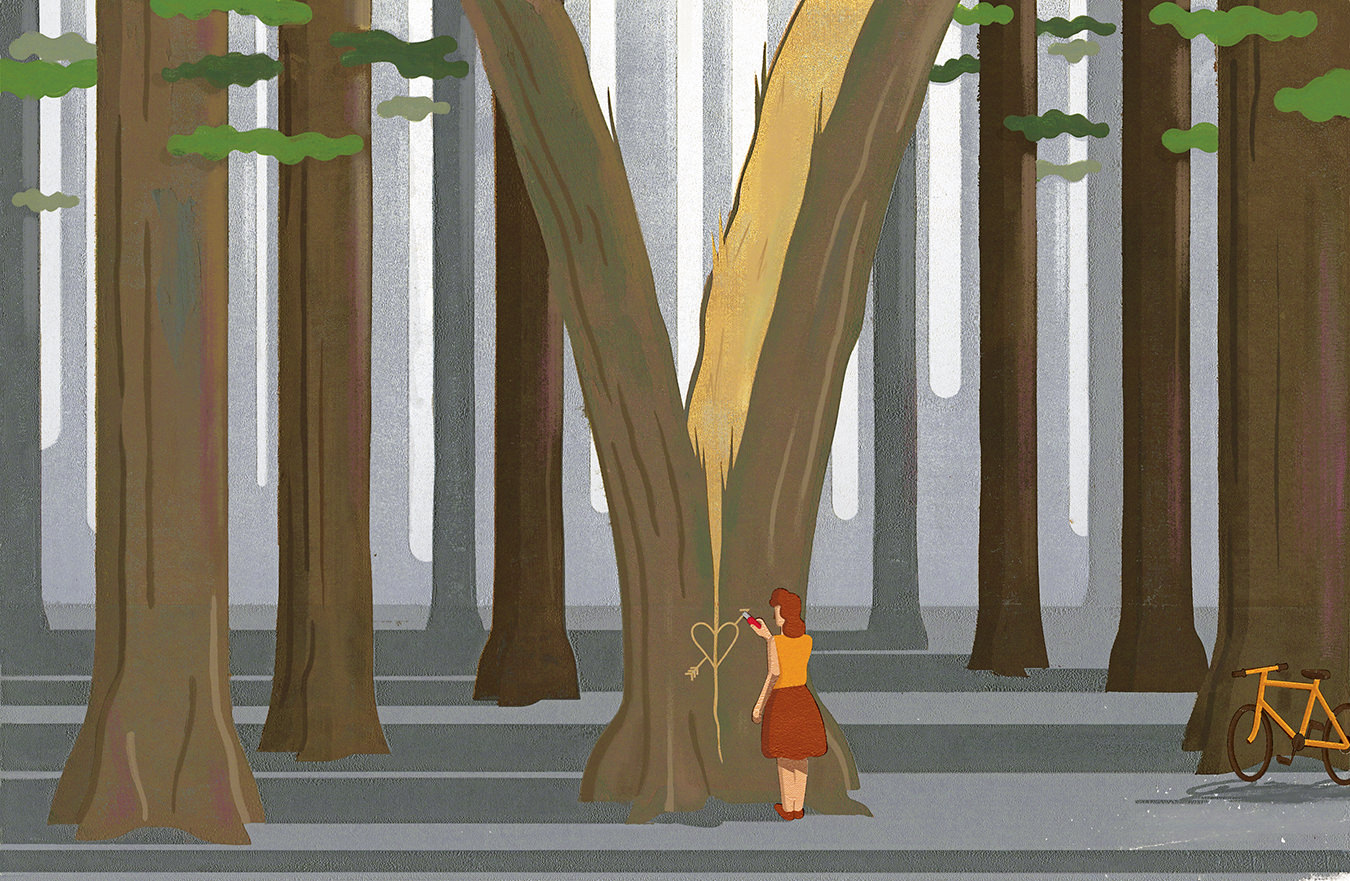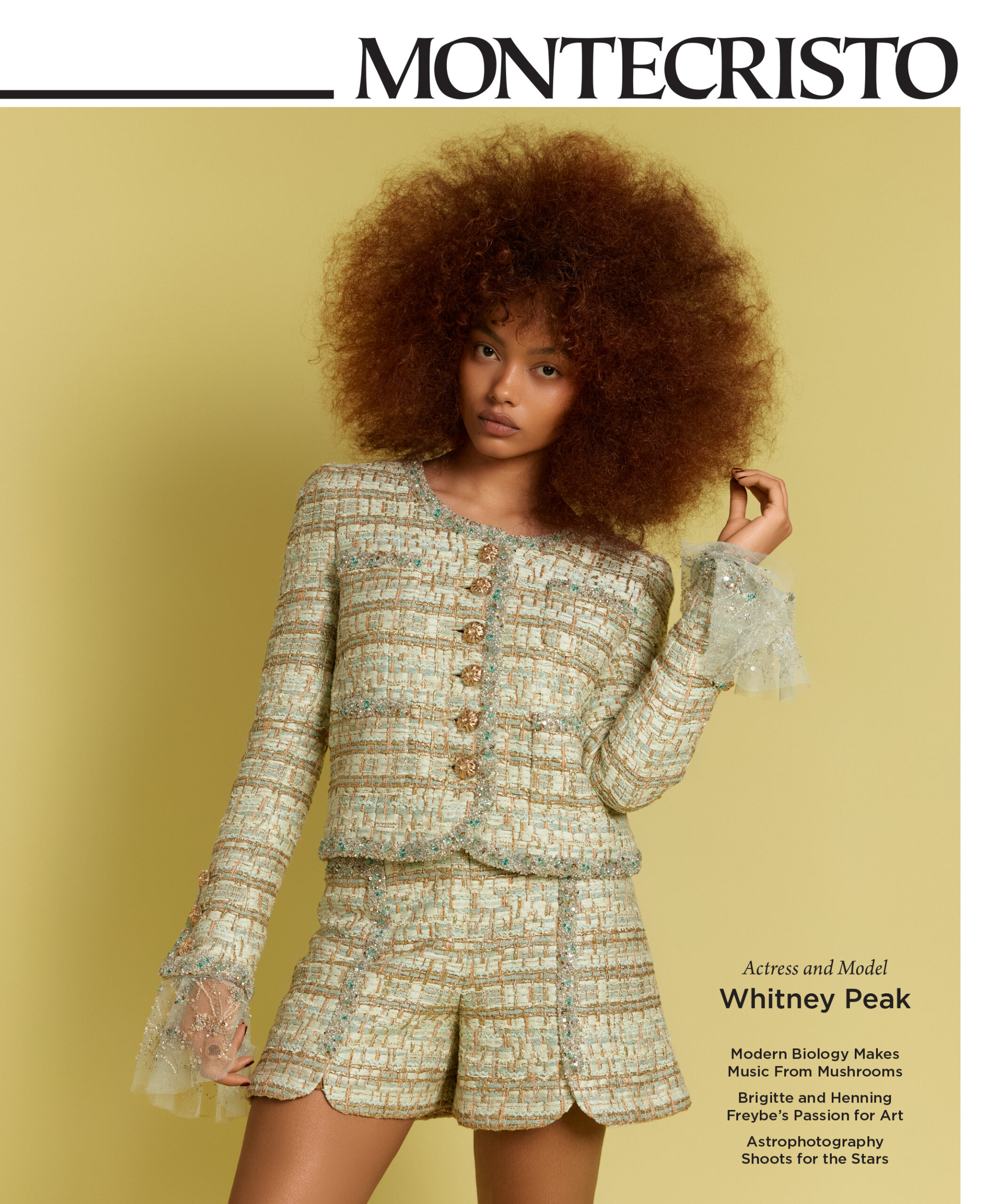I didn’t always want my husband to disappear.
I don’t really hate him. I just want him gone. Not all dramatic-like with suitcases, slammed door behind him and smashed plates on the floor. Not after long sessions in a courtroom, him staring at me with laser eyes, trying to burn through me, the records of my misery measured in cognitive behavioural therapies, brief hospitalizations, milligrams of Prozac, Seroquel.
I heard Nina’s voice in my head for the first time in 2013, while I was in Vancouver attending The Vancouver Writers Fest to promote my memoir, Drunk Mom. I didn’t want to leave my husband, but we had problems, and being in the city where I’ve always dreamt of living spurred a fantasy of a parallel life that belonged to a fictional woman who wasn’t me—but through whom I could escape my real life, its real problems.
Like Nina, I was visiting Vancouver for the first time. During my stay, my good friend Patrick showed me around. The first night, we walked to a dock on Granville Island and got on a little ferry. The bay was foggy; the lights were orange, fuzzy in the haze. It smelled of seaweed. The air was misty. The ferry started with an energetic rattle, zipped through the water.
The next night, Patrick took me to the bleeding, rotten heart of the Downtown Eastside.
A man passed us by, shuffling, talking to his plastic bag. His eyes were clear, blue; they darted between our faces and he smiled. His mouth was almost empty, save for a small rock of teeth on the bottom, “Ah, congratulations, congratulations,” he said and bowed once.We made a turn and ended up on a different movie set: Gastown, with its neat, uncontaminated storefronts, hipster markings on those storefronts: scissors uncrossed, moustache, Helvetica font. There were cute coffee shops and restaurants and cute young people spilling out in laughter from the coffee shops and restaurants, where they played Dolly Parton and Leonard Cohen, non-ironically.
In Nina’s story, in Gastown she and her new male friend are approached by some homeless kids; the friend knocks down one of the kids and kicks him, viciously. Nina is disturbed, turned on. Afterwards, she wants to kiss her male friend. She does.
In real life, Patrick and I took a cab back to Granville Island, said good-bye. I Skyped with my son in my hotel room then went to sleep.
On my second-last day in Vancouver, I rode a bike to Stanley Park along the seawall, getting passed by aggressively healthy rollerbladers and moms jogging with strollers. I saw palm trees. Palm trees in October!
In Stanley Park, I was overwhelmed by the beauty of the sequoia trees—it became clear why they are often called a “cathedral.” Being in their presence felt spiritual, humbling. My fictional girl, Nina, got off the bike and walked deeper into the forest and took off her clothes like a hippie to intensify the spiritual experience she was having. She felt embarrassed about her “flakiness”.
Meanwhile, I rode my bike through the park and got delightfully lost. It was then that I came up with the complete outline for the book in my head. It would be a tale of a broken heart, a broken family…a renewal. I’m not good at synopses, but the gist of the story was there, in the vault of my imagination, like a low-resolution movie becoming clear. The title would be Wolves Evolve, after Christian Bök’s poem “Vowels”. There would be two cities in the story; one of them would be Vancouver.
•
Back in Toronto, I asked the taxi driver to let me off a block away from our house. I don’t know why.
I stood in front of the door with my suitcase and I thought of my son and my husband inside. “I could just walk away,” I thought then. “I could just wait for another taxi and ask to be driven back to the airport.”
I pictured myself on Wreck beach, twisting my body into a pretzel, yoga, or something like that, maybe collecting shells, maybe listening to a deranged wise old man or a woman.
I knocked and my husband opened the door and he was a stranger.
The stranger stood behind my son, waiting. He folded his arms and smiled, satisfied as if I was a runaway that decided to come home.
I held onto my son tightly, not wanting to let him go, to be in the open water with the stranger, vulnerable to his claim on me.
My son wriggled out, finally, and I stood up.
My husband pulled me toward him and embraced me and kissed me on my forehead. I started to relax and I went soft in his arms and I lifted my head and we kissed on the lips. It was good to be home. But I still didn’t understand why I asked the taxi driver to let me off a block away.
•
Three years later, my marriage was over and my home was no longer a home.
I spent most of my days smoking on the back steps and watching my tiny beloved garden grow into a jungle of neglect, the leaves turning yellow and brown.
The draft of my book was finished, but I was trapped by that, too: the feelings I gave Nina didn’t seem authentic. She was not as real as I needed her to be, to make the reader believe she existed.
It was around that time that my friend Kristin invited me to Vancouver to get a break from the misery of my aggressively mundane paralysis.
We went. Me and Nina.
There, Kristin and I talked and danced at home, and later, ate at Cinara in Gastown. The menu was culinary spoken-word poetry: lingcod, clams, rapini, chili, borlotti beans, vincotto, Bistecca Fiorentina, Pemberton honey, crostini.
During the day, I rented a bike to revisit the places I fell in love with the first time I was there. I rode a bike through Stanley Park. There was some road construction: utility vehicles rumbling in the forest cathedral, breaking the magical spell.
I went to the aquarium. I wrote about the aquarium in my book, but hadn’t been to it before—my description was based on fantasy. In reality, it was less noisy than what I imagined it to be, but—like in my story—there were lots of families, and I couldn’t stand to be around them. How dare they remain intact, remain families, when mine was no longer?
So I went downstairs to the Arctic underwater gallery and watched the belugas, like two massive, white mermaids, jump and dive, their blubber rippling in waves underwater on impact.
In the deep blue light of the aquarium, alone, I felt my heart hurt from all this beauty—and from nostalgia, too.
I hummed Raffi’s “Baby Beluga” to myself, thinking of my son, three years ago, when he sang that song to me over Skype in my hotel on Granville Island.
It’s a lovely song, but it has a mournful undertone to it. As it played on in my head, I understood Nina’s pain intimately. I could write her properly.
Sign up for our Thursday newsletter.








